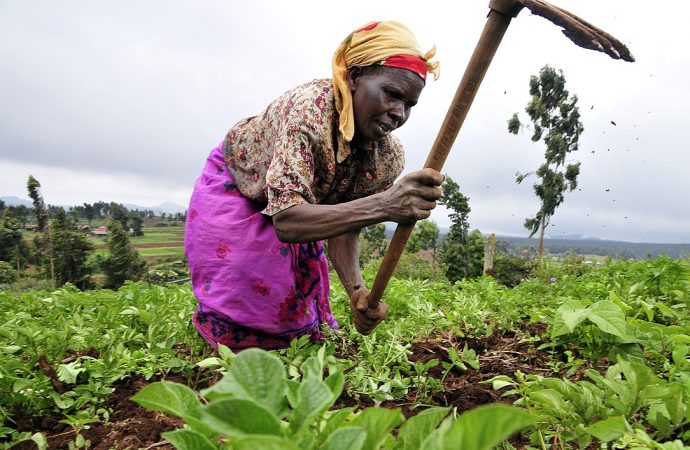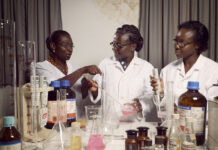Thirty-nine percent of rural households in Sub-Saharan Africa have severe difficulties in accessing food, according to a large survey of over six thousand sub-Saharan households. This number is higher than the previous estimations by the Food and Agriculture Organization (FAO) of the United Nations, which pointed to 34% of the Sub-Saharan African population being severely food insecure in 2017.
Severe food insecurity was defined as regularly eating smaller or fewer meals than desired, or worse. This survey recorded households’ access to food in the worst month – the lean period – experienced during the period of 12 months.
Micronutrients Deficiencies
Moreover, the survey found that almost half of the rural households have, during the lean period, deficiencies in micronutrients. People with micronutrients deficiencies do not consume eggs, fruits and vitamin A; in these communities, obesity rates often coexist with micronutrients deficiencies. As pointed by the authors of the study, published today in Frontiers in Sustainable Food Systems, malnutrition has direct implications for child growth failure, neonatal disorders, immune function, cognitive function, diabetes, heart disease and cancer.
The factors associated with food security in households and farming systems in Sub-Saharan African populations can be used to design and improve interventions in these communities. These interventions should include nutrition education and production diversity. “Our results suggest that interventions can be better designed by taking into consideration market conditions, land size, farm type and household composition to prioritize the most vulnerable segments of society,” says lead author of the study, Simon Fraval, from the Wageningen University & Research, Netherlands, and International Livestock Research Institute, Kenya.
This survey included responses from 7,708 rural land-holding households in Sub-Saharan Africa (Burkina Faso, Democratic Republic of Congo, Ethiopia, Kenya, Malawi, Mali, Tanzania, Uganda and Zambia). The interviews were conducted between 2016 and 2018 and included questions about the severity of food access problems, ranging from whether participants worried about getting food to whether they went for entire days without eating due to access issues.
References:
Fraval, Simon, et al. “Food access deficiencies in sub-Saharan Africa: prevalence and implications for agricultural interventions.“ Frontiers in Sustainable Food Systems 3 (2019): 104. [OPEN ACCESS]
Image Credit: Neil Palmer (CIAT) / Wikimedia Commons / Creative Commons Attribution-Share Alike 2.0 Generic






its an alarming situation. if you conduct such food security research these days the results will surprise you. Covid 19 effects everyone.